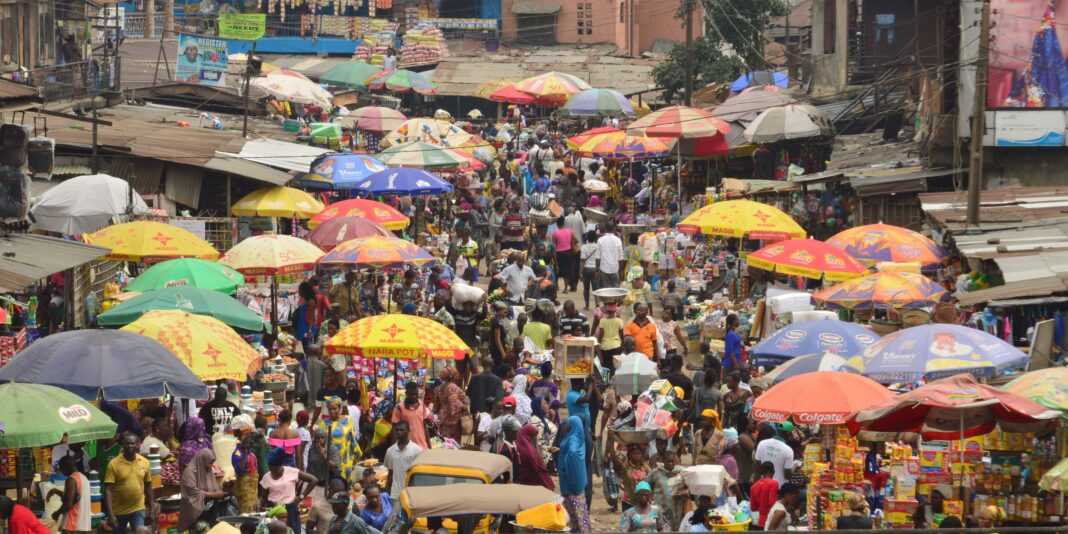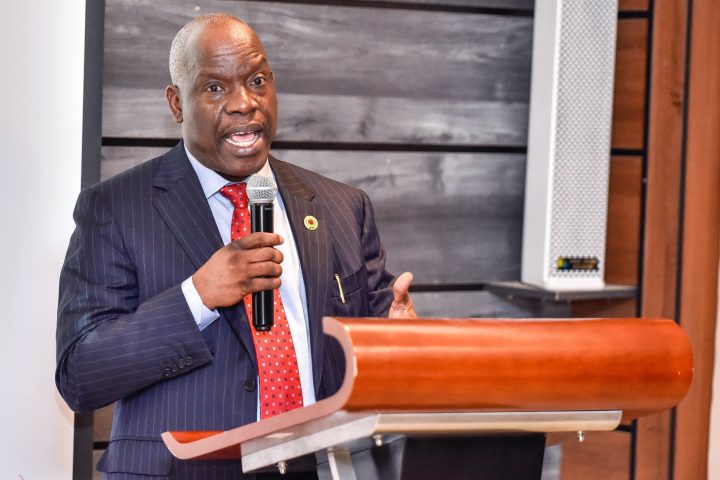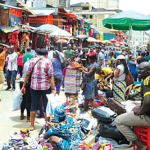Reactions have continued to trail the World Bank’s April 2025 report about Nigeria’s economy, especially on the poverty rate.
Some groups and economic experts have called for urgent action to avoid an economic meltdown induced by worsening poverty.
Join our WhatsApp ChannelThe World Bank released its Africa Pulse report at the Spring Meetings of the International Monetary Fund (IMF) and the World Bank in Washington DC, the United States, last week.
The report, among other things, stated that Nigeria’s economy is expected to increase from 3.4 per cent in 2024 to 3.6 per cent in 2025, and slightly to 3.8 per cent in 2026–27. It said the growth is expected to come mainly from service, particularly finance, information and communication technology, and transportation, adding that there is also a gradual recovery in oil production, which it says is moving closer to Nigeria’s OPEC+ quota.
The bank, however, noted that the economic growth across Sub-Saharan Africa is not enough to significantly reduce poverty in the sub-region. It said that the poverty rate in Nigeria and other resource-rich but fragile countries like the Democratic Republic of Congo is expected to increase by 3.6 percentage points between 2022 and 2027.
“Importantly, poverty in resource-rich, fragile countries (which include large countries like the Democratic Republic of Congo and Nigeria) is expected to increase by 3.6 percentage points over 2022–27, being the only group in the region with increasing poverty rates,” the bank stated.
This has raised concerns among groups and experts in Nigeria.
READ ALSO: $500m World Bank Loan: LCCI Highlights How Nigeria Can Reduce External Borrowing
The Nigerian government has implemented a couple of social safety schemes to reduce economic hardship faced by citizens over the last two years, but these may not be sufficient to lift millions out of poverty.
Though the reforms adopted by President Bola Tinubu’s administration since the assumption of office in 2023 have resulted in some benefits, such as allowing the economy to be market-driven rather than artificially pegged, they have also increased poverty, with the number of people jumping from 104 million to 129 million in a single year.
According to the World Bank’s report, Nigeria accounts for 19 per cent of poverty in Sub-Saharan Africa, followed by Congo, Ethiopia, and Sudan at 14 per cent, 9 per cent, and 6 per cent, respectively.
The Nigerian Association of Chambers of Commerce, Industry, Mines and Agriculture (NACCIMA) and the Organised Private Sector of Nigeria (OPSN) have expressed concern over the World Bank’s projection that Nigeria’s poverty rate would increase by 2027.
In a statement, the NACCIMA President, Dele Kelvin Oye, proposed 13-point short-term measures to reverse the projected rise in poverty in the country.
Oye urged the government to come up with well-structured stimulus packages targeted at vulnerable populations. “Such measures should include cash transfers, food assistance programmes, and direct support to small and medium enterprises (SMEs) to stimulate job creation,” the NACCIMA president stated.
He noted that current support systems are not sufficient and lack proper structure, leading to instances of abuse and corruption. To address this, he suggested setting up an independent monitoring system for thorough evaluation across all processes.
The NACCIMA president further urged the government to facilitate targeted investments in the agriculture sector as a significant proportion of Nigerians rely on it for their livelihoods. Such intervention, he said, could be in the form of subsidising agricultural inputs, providing long-term single-digit credit, and expanding training programmes to help increase food security and foster sustainable livelihoods.
He also urged the government to expand access to microfinance for small-scale businesses, cooperatives, and entrepreneurs, and establish robust vocational and skills training programmes for the unemployed, asserting that these would promote self-employment and significantly reduce poverty.
He also observed that the security crisis, which is disrupting agricultural activities, remains a major driver of rural poverty and food insecurity and urged the government to take decisive steps in restoring peace and stability across the country.
Investment In Major Infrastructure Critical to Growth
Commenting on the report, an investment banker and economist, Adetilewa Adebajo, emphasised that to drive economic growth and attract global investments, Nigeria must increase its efforts in economic diversification, infrastructural development, and asset optimisation.
READ ALSO: Nigeria’s Port Predicament: Why Breaking The Monopoly Is Key To Economic Growth
He specifically hinted that the sale of oil and gas joint venture assets to optimize equity within the FGN capital structure and balance sheet is critical to Nigeria’s path to sustainable development.
Adebajo also highlighted the need for deliberate investment in major infrastructural projects such as the development of agro-airports, rail lines, and deep-sea ports, among others, in economically strategic parts of the country.
Govt Should Address Cost of Living
Speaking on the World Bank report, Chief Executive Officer of the Centre for the Promotion of Private Enterprise (CPPE), Dr Muda Yusuf, said the projection can only come true if the government fails to do the right thing.
According to Dr Yusuf, the Federal Government should act decisively to address the main causes of poverty to avert the grim World Bank forecast.
“If the government is able to address the key drivers of poverty, then the poverty situation may not deteriorate beyond what it is,” Yusuf stated.
He specifically urged the government to address the rising cost of living, particularly the costs of food, energy, and transportation, among other basic things consumed by poor people.
The CPPE CEO also urged the government to take steps in addressing the issue of productivity because that determines a nation’s ability to be able to create wealth and value.
This, he said, cannot be achieved without adequate investment in infrastructure such as power, roads, railway system and also health and education sectors.
Chief Economist and Partner at SPM Professionals, Dr Paul Alaje, urged the government to be proactive in coming up with measures to prevent the ugly prediction from coming to reality. Reacting to the forecast on GDP and inflation, Alaje emphasised the need for the government to review its approach towards Monetary Policy (MPR), exchange rate and spending.
“With the IMF’s new forecast on Nigeria’s GDP and High inflation next year, Nigeria’s authorities need to be proactive. We need to rethink our combatant strategies on MPR, exchange policy and spending,” Alaje stated via his handle.
Victor Ezeja is a passionate journalist with seven years of experience writing on economy, politics and energy. He holds a Master's degree in Mass Communication.
















